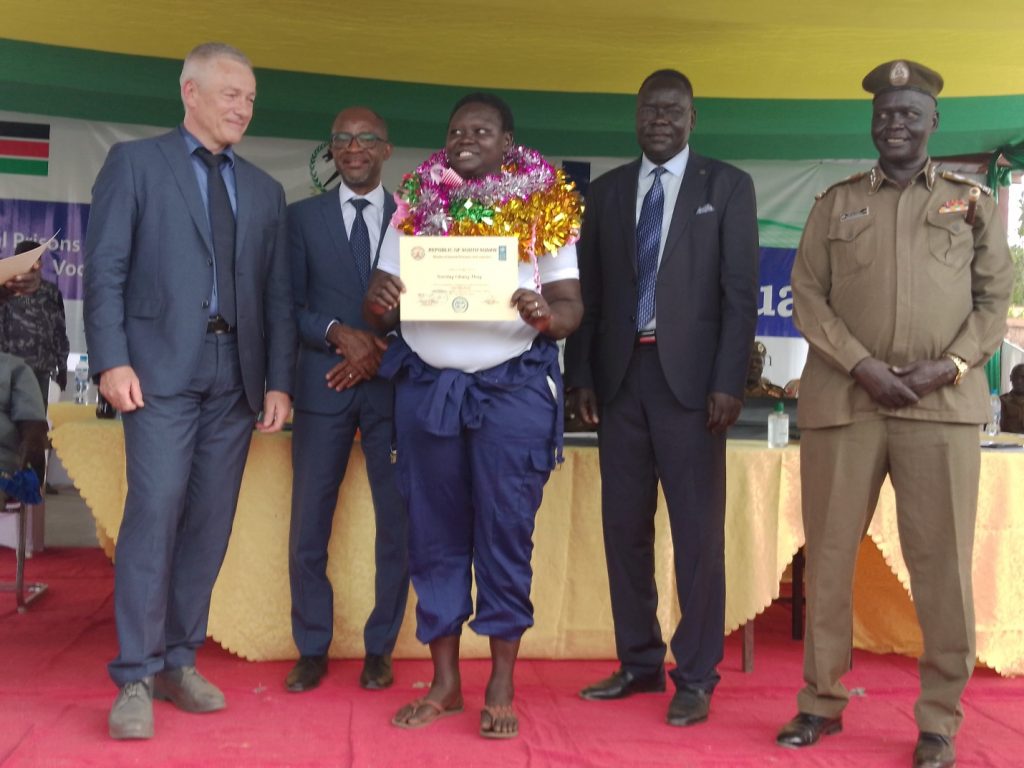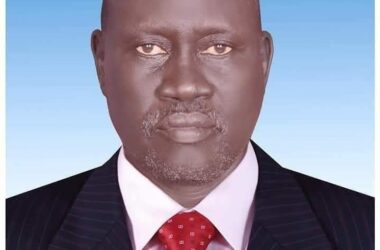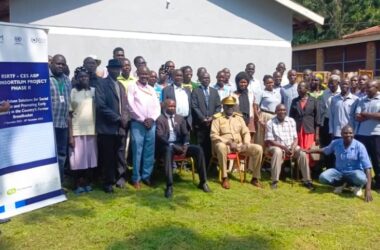
By Adia Jildo
At least 126 inmates both male and female yesterday graduated from Juba Central Prison Vocational Training Centre. With the support from Untied Nations Development Fund, the National Prisons Service were able to develop a vocational training curriculum to enable juvenile offender acquire skills.
The inmates that graduated included; 35 male adults, 70 juvenile boys, 8 female adults, 4 juvenile girls, 5 male prison personnel and 5 females.
The skills acquired included; electricity, carpentry, food processing, auto mechanic, tailoring and garment cutting. Juveniles from the age of 14-18 will be able to go for training with the new curriculum developed.
During the graduation, the Resident Representative of UNDP Dr. Samuel Doe said the curriculum for Juvenile reformatory centres will provide tailored correctional, and skills development that better suit child offenders unlike the curriculum used at the vocational centres.
Mr. Doe appealed to development partners and investors to join hands and make efforts to provide a better, modern training tools in the centre and to expand the programme in the two other centres.
He said the vocational centre would provide huge opportunities which will enable the inmates to become contributors in the development of the country.
“This is a truth of concept that young people were not borne to be violators’ of law in the society. They need the opportunity to contribute to our society,” he said.
Meanwhile, the Minister of Interior, Mahamoud Solomon Agok said the prison service vocational institute would help inmates to earn a living once they are out from the prison.
He communicated to the inmates that; they should not think when they are in prison, means they are bad. “Your stay here in the prison does not mean you are bad people but the law says you should be here for a short while and later you will go back to the community. We thought about it so that you would not stay without doing anything but we gave you something so that you will be able to get out with it,” he said.
The Minister said more training will be added to enable them get full professional skills to earn a living. “In the next two-three year, we don’t want to buy food so that we cannot go to the ministry of finance to get money for food of inmates,” he said.
Similarly, the Director General for the prison service, General Henry Kuany Aguar said the vocational training centres have not only corrected the inmates but impact useful skills that would be used in the development of the country.
He said that, with this training, the prison service is able to carry out the mandate of prison service being rehabilitative, reformative and corrective institution.
General Aguer stated that process of imparting skills to the inmates within this institution is a transition to proper integration of inmates and contributes to prevention of re-offending.
However, Aguer called on the inmates to be productive with the skills they have acquired to sustain their livelihood upon integration to their families.
In addition, one of the inmates who graduated from the institute, Sunday Marko Oku commended the initiative of introducing vocational courses for inmates. She said that, she will not remain in the prison forever, adding that one day, she will get out and apply the profession she learned.
Sunday has stayed for now 8 years in prison and underwent 2 years training in the vocational centre.
Sunday, the only woman among men who have done auto mechanic said most women fear the training because it involves carrying heavy metals. “The men are so supportive. Most of them tell me about my choice being a good one and that keeps me wanting to know more,” Sunday said.
She called on women to join the work so as to get money stating a few women have taken brave bolder steps.
“I know one day, when I get out, I will make my workshop and work. Anything that a man can do, a woman can also do,” she said.
South Sudan currently has about 3 prison vocational centres that offer vocational trainings to inmates and prison service personnel. It has been almost 6 years since the prison vocational centre has been established, and about 907 inmates. 65 juveniles aged between 15-18 years of age, 438 adults and 51 juveniles have been graduated.



